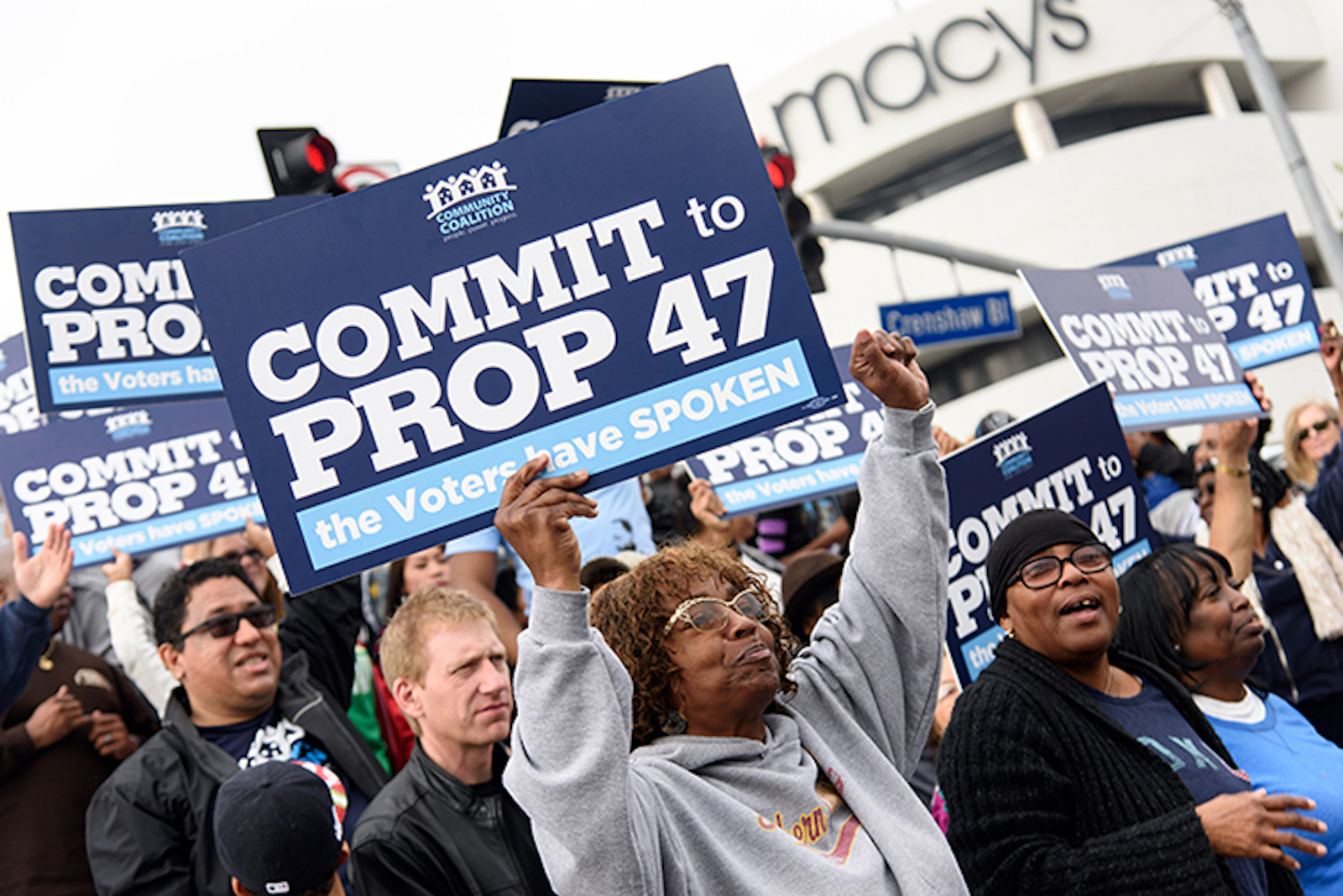The self-checkouts have always relied on the honor system. While there are cameras and other preventive measures to ensure that customers are scanning every item, purchasing items that don’t need IDs, and—if you’re in California—paying for bags, people have found a way to slip some items past the checkout.
However, stories like Target and Walmart are cracking down on theft with a new anti-theft strategy. Will it work? Let’s get into it.
People Are Still Stealing Across the U.S.

However, the technical difficulties that customers may encounter have led to an increase in assistance from staff. Also, staff is needed to watch the self-checkouts to help limit the increase in theft.
Police Are Not Involve in Petty Theft Cases

However, some companies have had enough of petty theft and are pushing for major change. But are their methods warranted?
Target and Walmart Are Closing Stores

Target and Walmart are closing stores in areas of the United States where theft is increasingly high. The Street claims that these stores are closing because there are no store-friendly laws in place to protect corporations from theft.
This is true in certain states like California, where Proposition 47, passed in 2014, made petty theft from retailers like Walmart and Target a misdemeanor and not a felony.
What Makes Theft a Misdemeanor?

“The law made some nonviolent property crimes, where the value does not exceed $950, into misdemeanors,” the Los Angeles County Public Defender posted on its website.
The post continues: “It also made some simple drug-possession offenses into misdemeanors. It also provides that past convictions for these charges may be reduced to a misdemeanor by a court.”
The Lack of Laws Seems to Encourage Petty Theft

Many retailers are feeling the pressure from Proposition 47 as it makes theft from retailers less of a crime. It seems that the removal of the threat has encouraged people to steal brazenly. Shoplifters might not even care if they get caught because they might consider the worst possible outcome.
Now, city officials and companies are trying to push lawmakers to change Proposition 47 to help limit the amount of theft retailers are experiencing.
Two Mayors Are Advocating for Change

San Francisco Mayor London Breed and San Jose Mayor Matt Mahan are the leading voices behind the rally to change Proposition 47. According to The Street, Walmart has donated $1 million to their cause.
Target has also joined the cause, putting $500,000 toward the campaign to change the California law that has greatly affected them.
How Bad Is Crime in the U.S.?

“A small number of people brazenly commit crimes without fear of accountability,” said Mahan. “People are so trapped in addiction that they refuse services and subsist in misery in our streets.”
In a study by the National Retail Federation (NRF) in 2023, the shrinking inventory rose to 1.6 percent of sales in 2022. This is a 1.4 percent raise from the previous year, which means that the theft in 2023 amounted to $112 billion in lost merchandise.
What Changes Are Wanting to Be Made to Proposition 47

Supermarket News reports that the attempts to change the law would appear on the ballot for the state’s next statewide election. This would enable authorities to aggregate separate thefts, surpassing the $950 threshold for felony charges, and would also increase sentencing for individuals operating as a group to steal goods or for taking more than $50,000 in property.
This means that retailers could use security footage to build cases against repeat offenders. However, people who fail to scan an item or make mistakes at the self-checkout would be protected.
Theft Was High in 2023

Organized retail crime hit its peak in 2023 in California. According to the Los Angeles Times, the shoplifting rates in San Francisco jumped nearly 50 percent.
Social media has also shown how people are stealing from retailers without getting caught. Last year, organized groups would run into stores and grab anything and everything they could before rushing out. These videos have fueled the fear of theft in the state.
NRF Is Working With Congress

While California is taking steps to change its laws to protect corporations, Congress is taking steps to help protect corporations across the U.S. The NRF has been working with Congress and several states to pass laws that make it easy for people to steal.
These laws will help make it easier for retailers to go after people who are stealing from stores, and perhaps prosecute them for the crime.
Is This the Solution?

“The effort has been successful, with at least 32 states passing ORC laws, and NRF is currently urging states to update the definition of ORC and adopt sufficient criminal penalties,” the trade association said on its website (via The Street).
But is this the road to putting a cap on theft in America? Or is the problem beyond corporations feeling frustrated that they are losing money from petty theft? Let us know in the comments.
